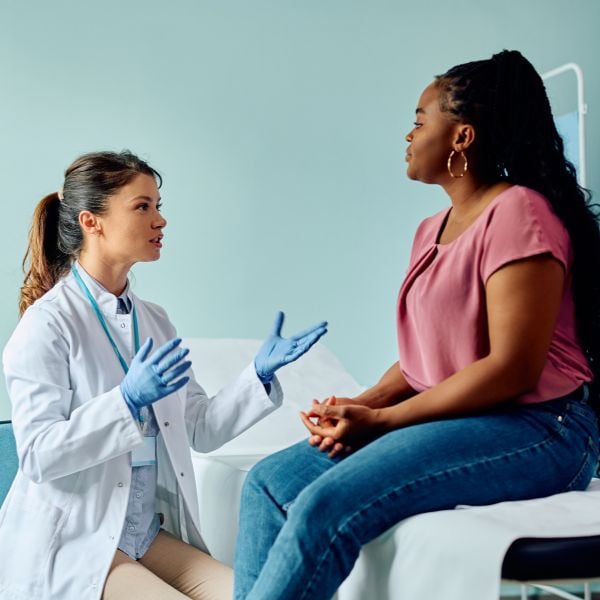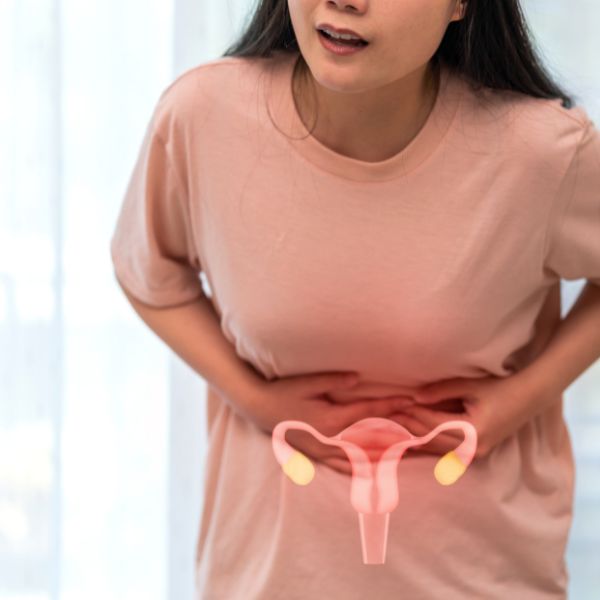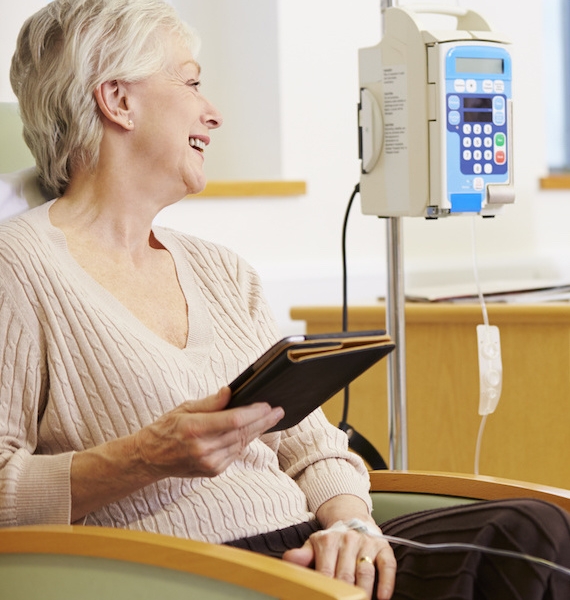Cervical Cancer Care at Virginia Oncology Associates
Cervical cancer, which is a type of gynecological cancer, begins in the cervix -- the narrow organ that connects the body of the uterus (womb) to the vagina (birth canal). At one time, cervical cancer was one of the most common causes of cancer death for American women. However, the cervical cancer death rate has dropped significantly with the increased use of the Pap test, which can find cervical precancer before it turns into cancer.
What to Expect After a Cervical Cancer Diagnosis
Cervical cancer is one of several types of female cancer treated by a gynecologic oncologist. Dr. Robert Squatrito, a Virginia Oncology Associates gynecologic oncologist, explains what you might expect after a diagnosis.
Virginia Oncology Associates offers an integrated team-oriented approach to providing patients with the best possible care during their cervical cancer journey. We have a team of gynecologic oncologists that specialize in women’s cancers and will take time to explain the facts and answer your questions at every step along the way. Our team of dedicated, highly-trained oncologists and staff are committed to providing the highest quality, compassionate care to our patients.

Understanding Cervical Cancer
Review this section's important information about cervical cancer diagnosis, staging, and treatment options, as well as patient and survivor resources, as you prepare for an appointment with your gynecologic oncologist. After reviewing these sections, ask your cancer care team any additional questions you may have about your individual situation.
While HPV is the leading cause of cervical cancer, other factors such as smoking and sexual activity can also increase risk. Understanding the risks you can and cannot control, combined with proactive screening, can dramatically improve outcomes. Learn how preventive measures, such as regular screenings and the HPV vaccine, can reduce your risk of cervical cancer.
Cervical cancer often goes unnoticed until it reaches an advanced stage, making early detection through regular screenings critical. Common signs include abnormal vaginal bleeding, increased discharge, and pelvic pain. Advanced stages may cause painful urination and leg swelling. Learn more about the symptoms of cervical cancer and when you should make an appointment to see your doctor.
Having regular Pap tests is the simplest way to look at cervical cells. Pap tests can help find precancerous cervical cells before they turn cancerous. If there is a suspicion that you may have cervical cancer, your doctor will order additional tests to make a diagnosis.
Your oncologist will need to learn the extent (stage) of the disease in order to help you choose the best course of treatment for your cervical cancer. By staging, your doctor can determine if the cancer has invaded nearby tissue or has spread to other parts of the body.
The cervical cancer doctors at Virginia Oncology Associates work together with you to develop the best treatment plan for your cervical cancer. Treatment is based on various factors, which typically include the size of the tumor, whether the cancer has spread, and whether you would like to become pregnant. Treatment options often include one or more of the following:
- Surgery
- Chemotherapy
- Radiation therapy
Virginia Oncology Associates’ cancer researchers, through our participation with Sarah Cannon Research Institute (SCRI), are leading the way to find new cancer treatment options through clinical trials that are available at locations across Virginia.
The team at VOA is always looking for the latest cancer treatment options for patients and are also involved with many other types of breakthrough cervical and gynecologic cancer research studies.
Support groups, genetic risk testing, and financial counseling are just some of the areas the specialists at Virginia Oncology Associates are here to help with during your cancer journey. We encourage you to learn more and take advantage of our cancer support groups and disease-specific organizations, including local community resources specifically in Virginia such as the Cancer Foundation of Tidewater.
Expert Cervical Cancer Doctors at Virginia Oncology Associates
For compassionate cancer care and the latest cervical cancer treatments available in southeast Virginia, contact the gynecologic oncologists at Virginia Oncology Associates. We specialize in the treatment of cancer, including medical and surgical oncology treatments, integrative medicine, clinical research, and patient support. Our cancer centers are located in Norfolk, Suffolk, and Chesapeake, Virginia.

Additional Cervical Cancer Education










